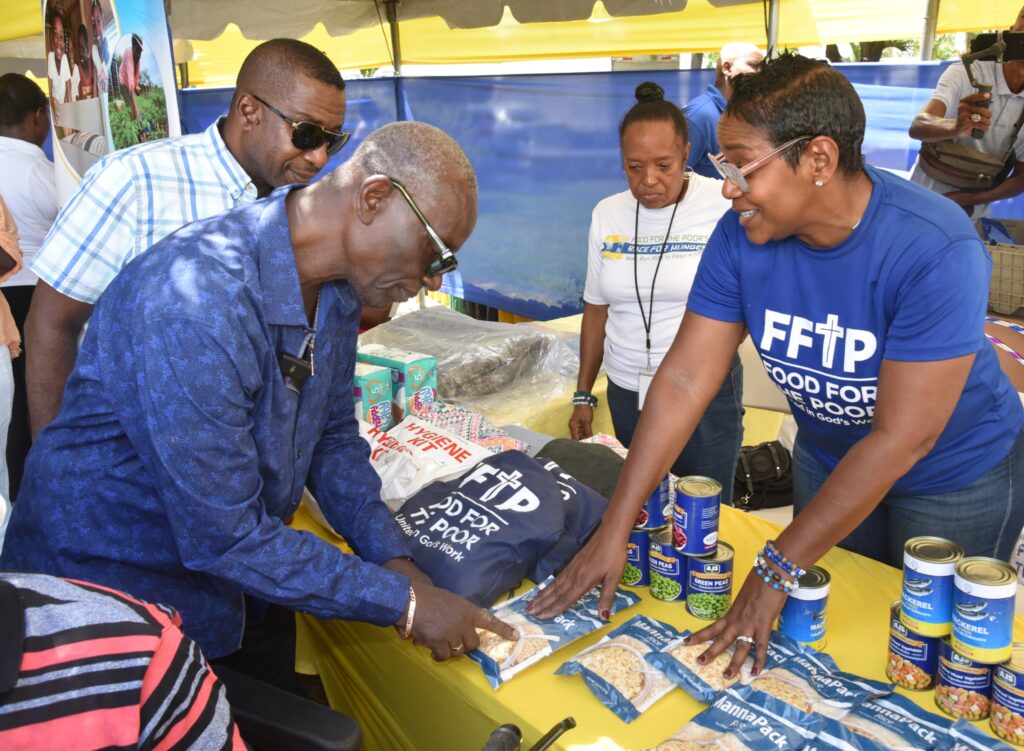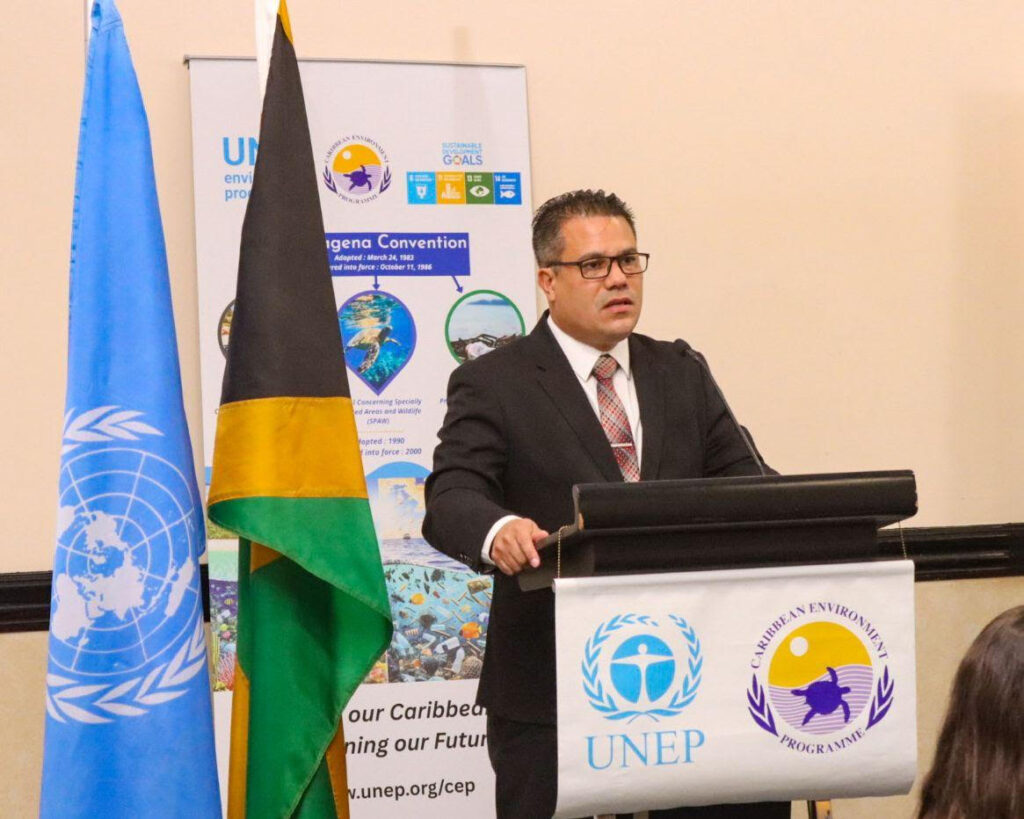KINGSTON, Jamaica — Jamaica has reaffirmed its commitment to environmental protection under the Cartagena Convention, announcing that it is in the final stages of ratifying the Protocol Concerning Specially Protected Areas and Wildlife (SPAW).
The move marks a major step in the country’s ongoing efforts to safeguard marine biodiversity and strengthen environmental governance across the wider Caribbean.
Speaking at the opening ceremony of the 18th Conference of the Parties (COP18) to the Cartagena Convention at the Jamaica Pegasus Hotel on Monday, Minister of Water, Environment and Climate Change, Senator Matthew Samuda, confirmed that Jamaica’s ratification of the SPAW Protocol is imminent—pending one final legislative step: the amendment of the Wildlife Protection Act. The revised Act is expected to be tabled in Parliament within weeks.
“We are not ratifying from a perspective of symbolism; we are ratifying because we acknowledge the principles and benefits of the Cartagena Convention,” Minister Samuda said.
“The SPAW Protocol brings to life greater protection for our oceans and wildlife, and Jamaica is ready to fulfill its obligations under this important regional framework.”
He noted that the Caribbean is already grappling with the effects of the “triple planetary crisis” of climate change, pollution and biodiversity loss—evident in coral bleaching, declining water quality and rising sea levels. He underscored that the shared Caribbean Sea is integral to the region’s identity and economic survival, calling for deeper regional cooperation through the Cartagena Convention and SPAW.
“The environmental challenges we face today are far more complex than in 1983 when the convention was adopted,” he said.
“But through mechanisms like SPAW, we can address these issues together in a practical and meaningful way,” he added.
The SPAW Protocol, which came into force in 2000, provides the legal framework for conserving and sustainably managing coastal and marine biodiversity in the wider Caribbean. It safeguards more than 300 species of plants and animals through habitat preservation, restrictions on harmful trade, and the establishment of protected area networks.










